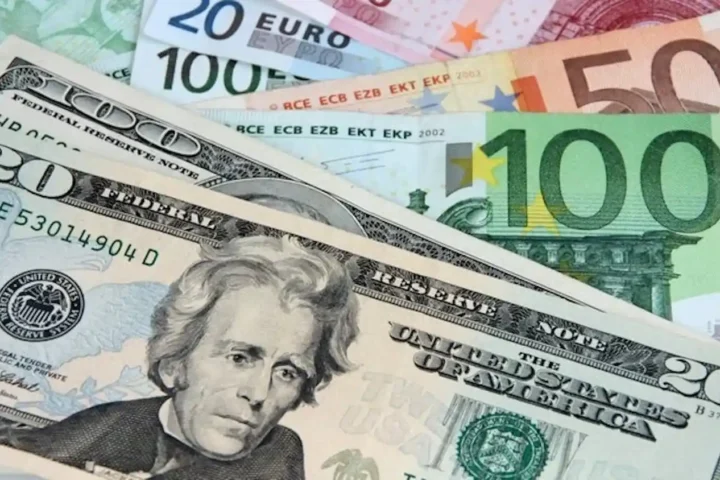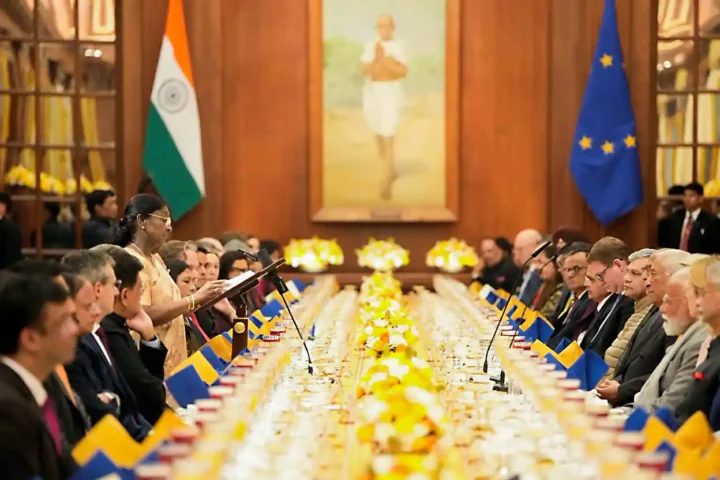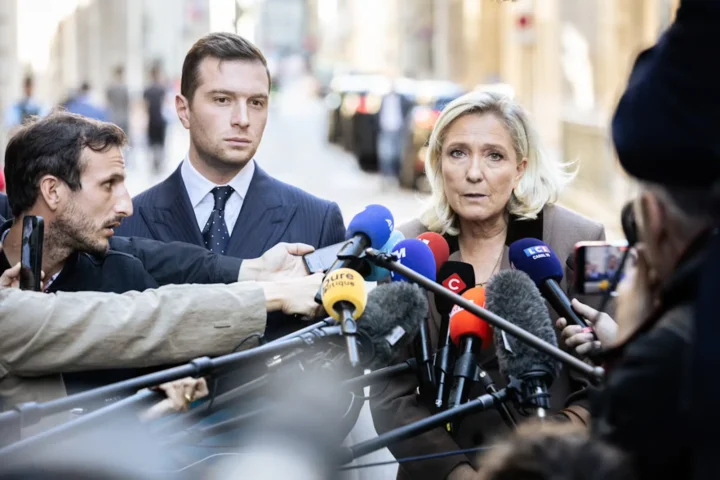The debate over whether to recognize a Palestinian state has once again divided Western capitals, as Europe grapples with the fallout of the ongoing war in Gaza. Italian Prime Minister Giorgia Meloni has emerged as one of the most vocal critics of premature recognition, warning that “recognizing something that doesn’t exist on paper could make the problem appear to be solved when it isn’t.”
Her comments, published Saturday in La Repubblica, reflect a growing unease among some European leaders about the timing of France’s decision to formally recognize a Palestinian state at the upcoming United Nations General Assembly in September. France would become the first major Western power to do so, following in the footsteps of Spain, Norway, Ireland, and Slovenia.
But the move has already drawn sharp criticism from Israel and its allies. According to sources familiar with diplomatic exchanges, Israel has warned Paris that its recognition plan could jeopardize intelligence sharing and undermine France’s regional initiatives. Several Israeli ministers have gone further, calling for the annexation of the West Bank in response.
Meloni’s skepticism is echoed by other European leaders. Italian Foreign Minister Antonio Tajani insists that Palestinian statehood can only be recognized in tandem with Israel’s recognition by a new Palestinian government. Germany, too, has dismissed immediate recognition, emphasizing instead the “long-overdue progress” needed toward a negotiated two-state solution.
Across the Channel, however, British Prime Minister Keir Starmer struck a different tone. In a video statement Friday, he said that recognizing Palestine must be “part of a wider plan which ultimately results in a two-state solution and lasting security for Palestinians and Israelis.” Starmer, like Macron, sees recognition not as an end in itself but as a tool to pressure Israel into meaningful negotiations.
Supporters of recognition argue that diplomatic pressure is now the only viable path forward. With Israeli Prime Minister Benjamin Netanyahu’s government firmly opposed to a two-state solution, they say, waiting for negotiations is tantamount to endorsing the status quo. Critics, on the other hand, warn that symbolic recognition risks further entrenching divisions by granting international legitimacy to a state that does not yet control its own borders or security.
The timing of this diplomatic push is no coincidence. Since the outbreak of the Gaza war, sparked by Hamas’s October 7 massacre that left 1,200 Israelis dead and 251 kidnapped, global sympathy for Palestinian civilians has surged. According to the Hamas-run Gaza Health Ministry, more than 58,000 Gazans have been killed or are presumed dead, though the figures remain unverified and do not distinguish between fighters and civilians. Israel says it has killed 20,000 Hamas combatants and accuses the group of using civilians as human shields.
As of now, at least 142 countries recognize or plan to recognize Palestinian statehood. France’s decision, if followed by other major Western powers, could mark a turning point in the decades-long conflict. But as Meloni warns, recognition alone cannot conjure a functioning state — and it may create the dangerous illusion that peace is within reach when the hard political work remains undone.
The question, then, is whether symbolic diplomacy can advance real peace — or whether, as Meloni suggests, it risks becoming yet another mirage in the desert of Middle Eastern politics.











